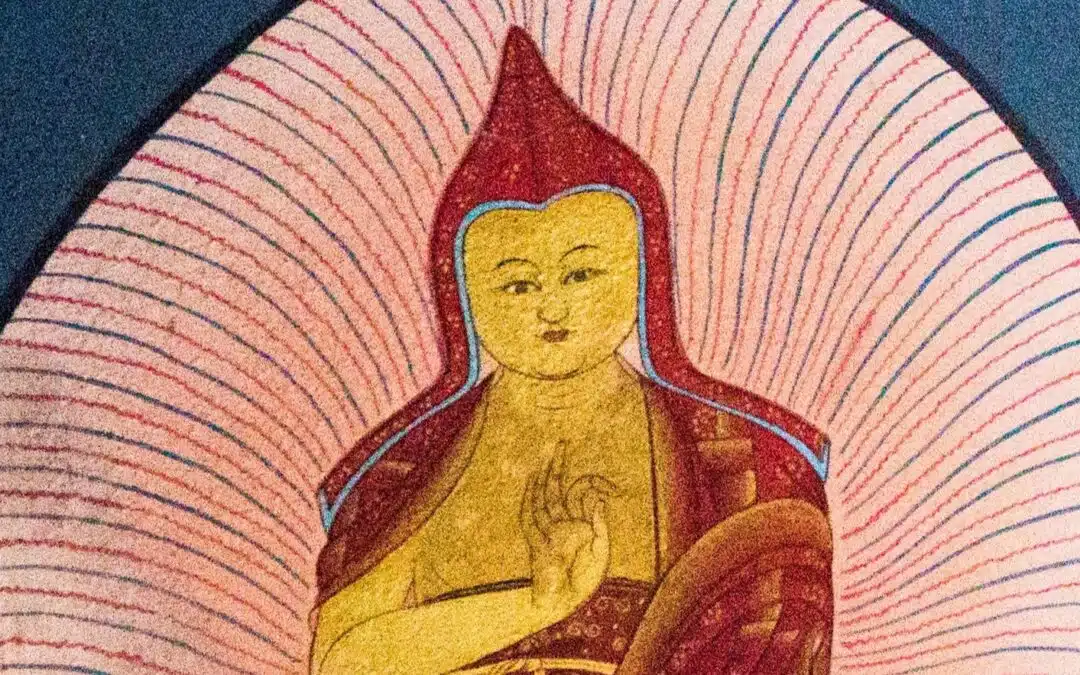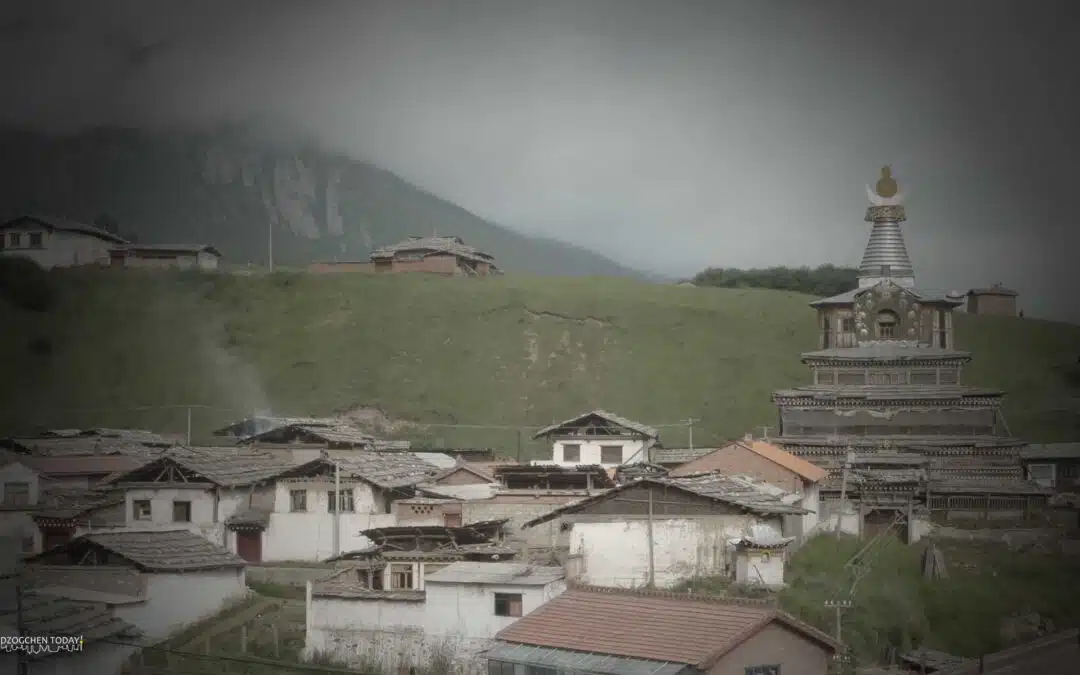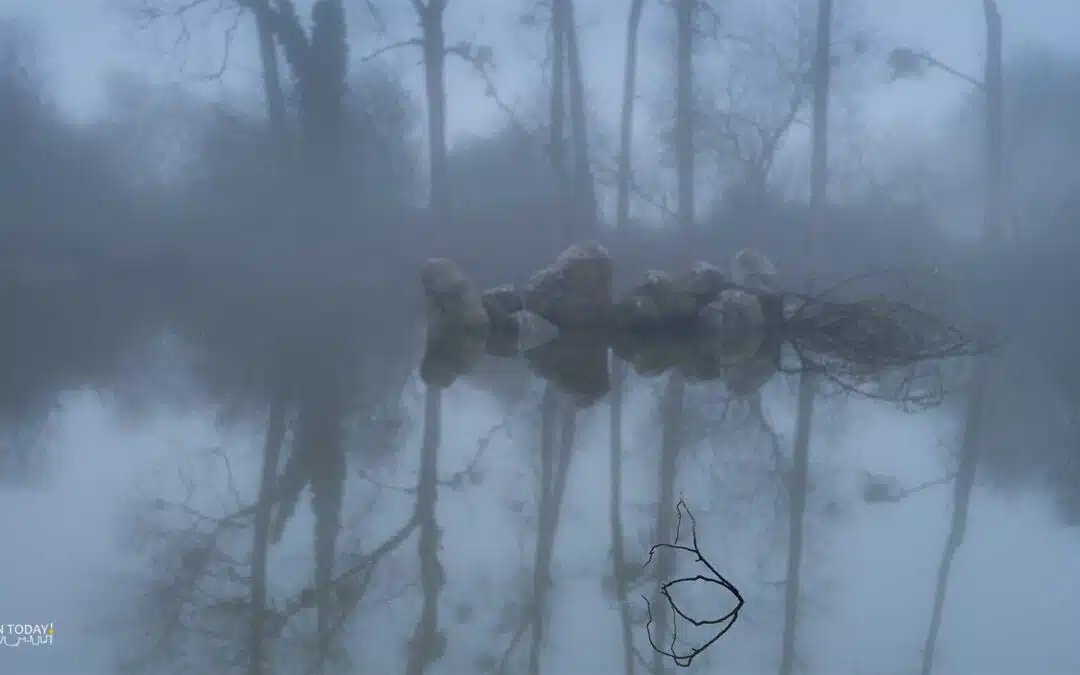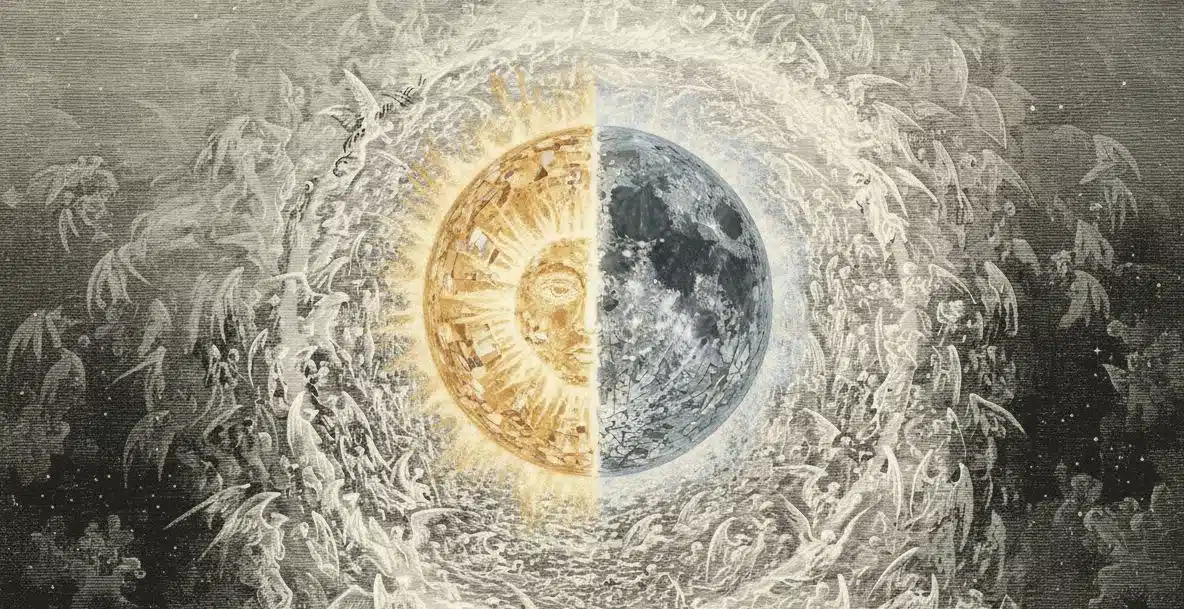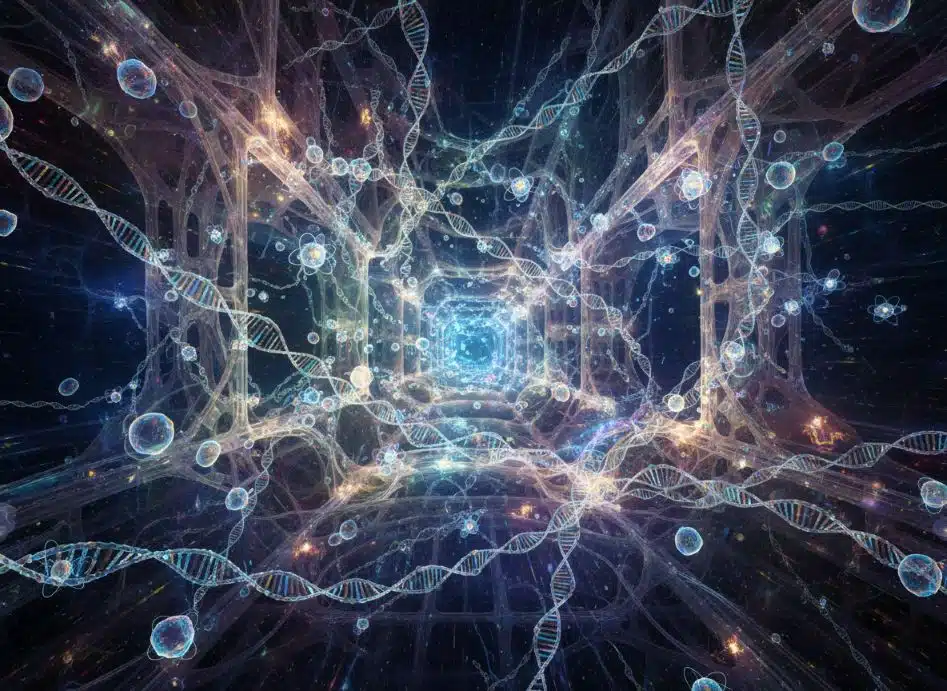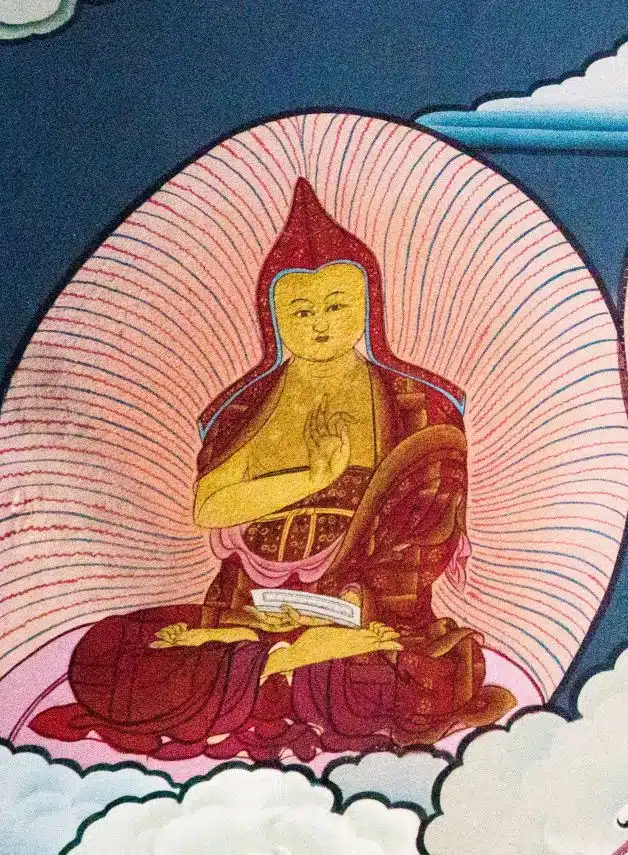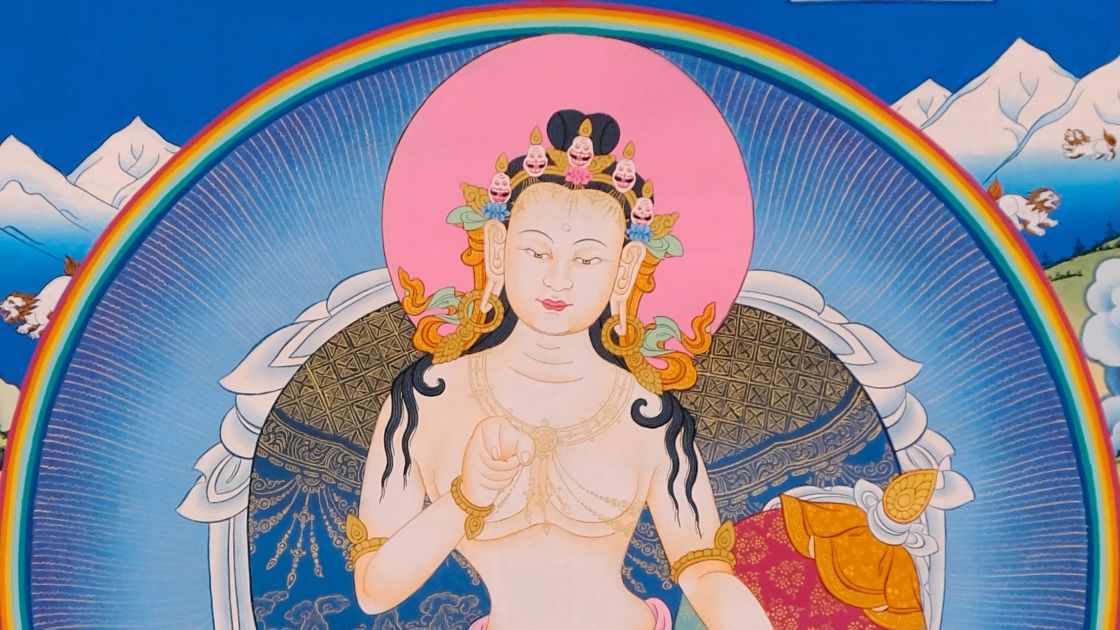IN THE TRANSLATOR’S WORKINGHOUSE 5
The unexpected depth of vocabulary

Written by Paul Baffier
Blog | Reflections on translation
In the translator’s workinghouse 5
The unexpected depth of vocabulary
It’s a well-known fact, and any old spiritual practitioner will tell you, that we don’t understand the teachings the same way at the beginning or at the end of the path. It has transformed us so much that the meaning of all the words has changed.In the translator’s workinghouse 5
That’s it: sometimes a word suddenly holds our attention more than usual, and reveals itself in its depth. It is a word that we have used many times, translated, without thinking about it. And suddenly, it draws us into its depth, into the immensity that gave birth to it.
• *Droupgyu
“Droupgyu” (sgrub brgyud) is a term that is found everywhere, in practically all the texts of the Tibetan tradition. It can be translated as “lineages of realization” or “lineages of practice”.
Since it is found everywhere, one might misunderstand its significance. In fact, it reveals something fundamental about the Tibetan conception of “spirituality.
“Brgyud” means lineage or lineage, and refers to the successive generations of masters and students who have passed on the essence of the ultimate realization of reality, as from parent to child, something so intimate and ineffable, so powerful and formidable, that it disperses all the pulls of desire and nothingness. It is a power that has crossed eras and countries, that has pierced personalities and power structures, that has won the battle of time and oblivion.
The word “sgrub” means achievement, accomplishment. It obviously refers to the result of spiritual practice brought to its end, the moment when there is nothing more to do, no more training to pursue. Fulfillment then translates into non-doing and idleness: the supreme work of perfect non-action.
For our time, the term “drupgyu” sounds strangely like a proof of authenticity. It proclaims that realization exists, and that it is possible. It calls, through its existence, all the souls of good will who, in the secret of their hearts, have said to themselves one day that yes, liberation is possible.
And you, did it strike you?
“It’s a well-known fact, and any old spiritual practitioner will tell you, that we don’t understand the teachings the same way at the beginning or at the end of the path. It has transformed us so much that the meaning of all the words has changed.”
In the translator’s workinghouse 5
• *Mindröl
This is a term that is found everywhere in Tibetan literature, in treatises as well as in biographies. The teachings are considered to be “mindröl”. What does it mean?
The first meaning of “min” (Tib. smin, maturation) is of course the spiritual development of the individual on a path, his or her refinement in an almost alchemical sense. More profoundly, “min” designates the actualization of the capacity, in a being, to realize the Three Bodies, i.e. the triple manifestation of Awakening at different levels of experience. I recently realized that “min” can also be translated as “germinate”, in the sense of unfolding the ultimate potential already present. But whereas we usually think of the ordinary process of germination of consequences conditioned by our actions, here we are talking about the sudden and spontaneous unfolding of the unconditioned basis of our whole reality.
This leads to liberation, “dröl” (tib. grol). “Dröl” sounds strange to our ears in French, as if liberation were a “funny” joke. But isn’t it indeed? “Dröl” is the ability to directly experience the unconditioned freedom that is already present at the heart of conditioning, the experience that our emotional and mental prison never existed. “Dröl” is therefore the end of a path that never took place and that we had to travel illusorily, like when we run out of steam in a dream.
Thus, we speak of “mindröl” teachings, which “mature and liberate” in the sense that they lead to an end, an extinction of the illusion of suffering and the cycle of conditioned experience. Therefore, the spiritual teachings on our planet fall into two categories: those that “mature and liberate” and those that perpetuate the cycle of illusions. Some of them are in a grey area: they enlighten us partially on your functioning, soften our daily life, but in the end they only reassure us and do not prepare us for the moment of our death. They do not help us to mature the potential of Awakening that is present in us, which can be identified by the specific experiences that the Great Traditions expose with precision.
The term “mindröl” is therefore a key term that also authenticates the vital teachings of the Great Traditions: those teachings that enable us to access the ultimate, unborn nature of our mind. This is called “supreme happiness” and “extinction of all suffering” and should be the goal of all life. Don’t you think so?
MORE ARTICLES
The Story of the First Masters: Manjushrimitra
We continue the Stories of the First Dzogchen Masters with Manjushrimitra, who structured the verses of Dzogchen into three series.
Be authentic!
In "Be Authentic!" Denis explores authenticity in the master-disciple relationship, a living space in which the nature of mind is recognized.
The First Day
In this article "The First Day", Mila Khyentse talks about the first day of the Tibetan year and what we usually do in a primordial way.
The Tibetan Transmission: the Transmission According to the Four Initiations of Vajrayana
The Tibetan transmission, according to the four initiations of Vajrayana, leads to the complete realization of the ultimate nature of all reality.
The ground of all Künshi
This article “The ground of all, Künshi” provide a better understanding of the essential words and concepts of Dzogchen.
The Four Testaments of the Vidyādharas
This article from Grégoire presents the" Four Testaments of the Vidyādharas", essential teachings from the early masters of Dzogchen.
The Story of the First Masters: Garab Dorje
“The Story of the First Masters: Garab Dorje” is the first article in a new category about the masters of the Dzogchen lineage.



